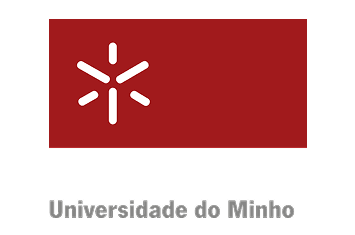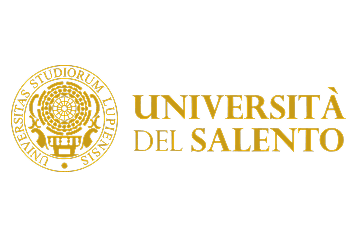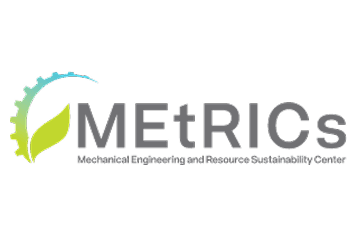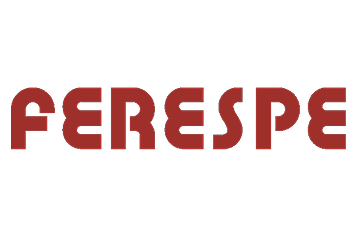Innovation in Concrete for a
Comfortable and Efficient Future
HOUSEHOLDS
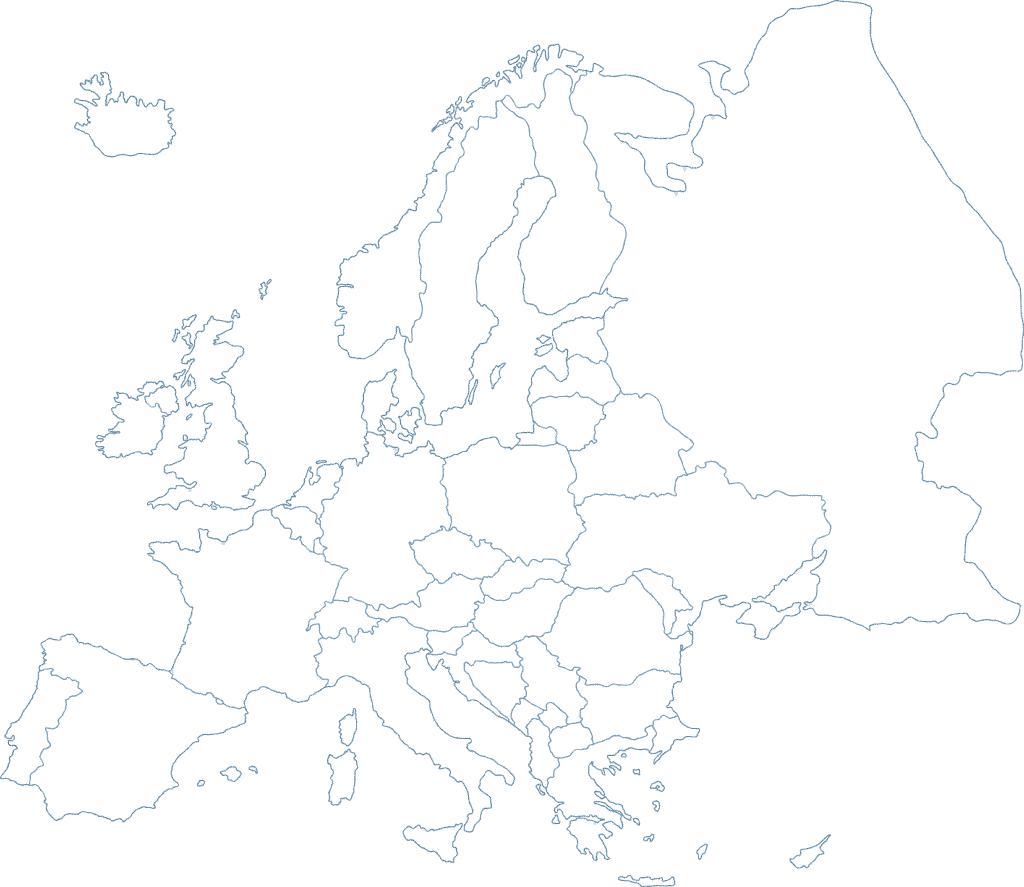
Contextualization
High energy consumption, production of industrial waste and environmental degradation represent humanity biggest problems.
The European Union has been threatened by climate change, associated with the consumption of energy produced using fossil fuels and the low energy efficiency of its buildings. This condition has been worsened by the increase in the price of oil, natural gas and electricity. As a result, the most vulnerable families are unable to afford air conditioning for their homes.
Currently, 50 million of families across the Europe suffer from heat or cold in their buildings throughout the year, which has a huge impact on their physical and mental health. This number is continuously increasing. Thus, the energy poverty is a significant issue that has been the focus of European and national policies, and it must be combated.
The incorporation of phase change materials (PCM) in construction materials has been studied as an excellent solution for achieve a better thermal performance. However, the high costs of commercial PCM have made challenging to implement these construction materials. The REBORN project appears as a mean to develop these social, environmental, economic and scientific issues, through the development of an energy-efficient concrete, regulating the temperature inside buildings, using only solar energy and low-cost PCM’s.

Mission
The REBORN project mission is to develop low-cost, sustainable and functional concrete, with a high impact on indoor temperature regulation, adapted to the Portuguese climate and with an impact on other European countries.
Objectives
The objectives of this project are:
- Development of novel and low-cost phase change materials;
- Development of new concrete formulations with incorporation of phase change materials, adapted to Portuguese and European Union climate conditions;
- Evaluation of the physical, mechanical, durability and thermal behavior of the developed concretes.
Impacts
The REBORN project is committed to producing several impactful outcomes with huge contribution to the society, environment and economy, namely:
- Decrease the natural raw materials consumption;
- Reuse of industrial wastes;
- Decrease the energy high costs and energy dependence of society;
- Improve the life conditions and comfort parameters of the society, decreasing the Energy Poverty;
- Decrease the greenhouse gas emissions related to high energy consumption, contributing to climate change mitigation, through the decarbonization.
Project REBORN
Team

Sandra Cunha
Principal Researcher
University of Minho

José Aguiar
University of Minho

Fernando Castro
University of Minho - W2V

Mariaenrica Frigione
University of Salento

Antonella Sarcinella
University of Salento

Tiago Teixeira
W2V

Pedro Lacerda
FERESPE


